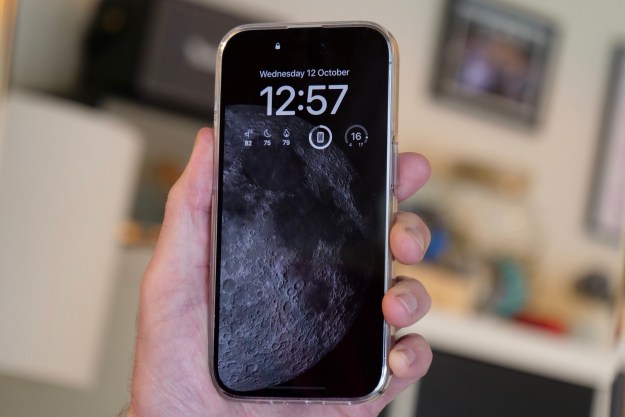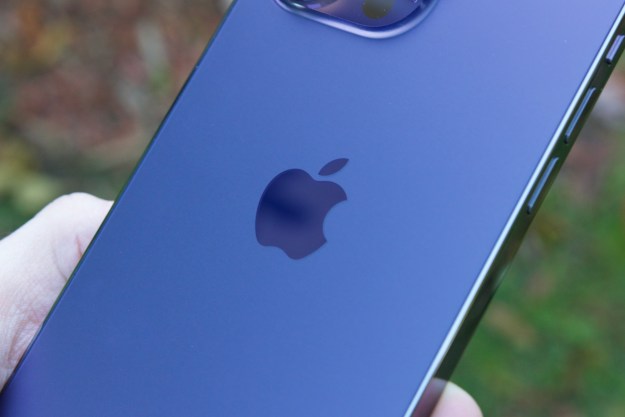
Possibly due to kids under ten running rampant with iPhones, over eighty percent of smartphone owners have no security products installed on their mobile devices according to a new study conducted by NPD. In addition, 25 percent of all smartphone owners have no idea how to install software to make smartphones more secure. However, 83 percent of respondents in the survey claimed they would take action and install a piece of security software only if a threat like a virus or piece of malware infects the phone. In addition, 25 percent of owners without any security software installed on the phone are under the impression that the software is too expensive to purchase.

The most common security concerns of smartphone owners included having credit card information stolen, unauthorized activity monitoring, hackers breaking into the smartphone and loss of the expensive device. Other concerns included viruses, harmful apps containing malware, malicious emails or text messages and unauthorized location tracking. According to the survey, iPhone owners were consistently less worried about these issues than Android owners.
Smartphone owners can usually take advantage of free or low cost applications that perform services like keeping passwords secure through encryption, scan networks for other potentially harmful devices, keep the phone safe from malware and even track down the phone through GPS in case of loss. Apple’s “Find My iPhone”, for instance, can help located a stolen iPhone immediately.
Editors' Recommendations
- The 10 most important things to know about the Google Pixel 8a
- iPhone 16: news, rumored price, release date, and more
- Best iPhone deals: Save on iPhone 15, iPhone 15 Pro Max and more
- Here’s how Apple could change your iPhone forever
- How to use iMessage on an Android phone or tablet


